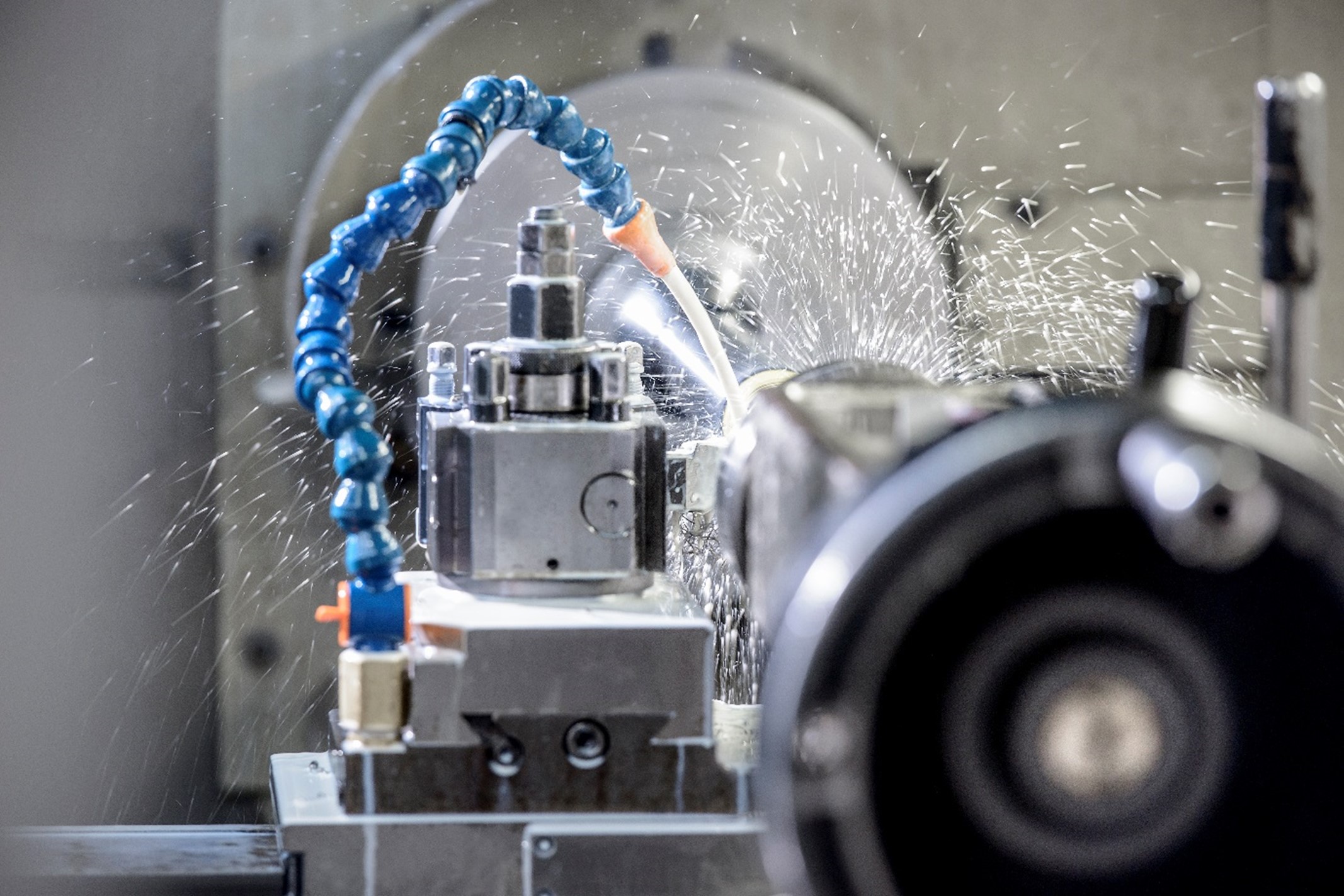
In a post-COVID-19 world, the nature of global manufacturing supply chains will have to change substantially to be sustainable. Growing concerns about the environment, the role of the national economy in day-to-day life, and national unemployment also mean that businesses are beginning to shift their priorities when it comes to how they want to manage their production.
While outsourcing and 'cheapest bidder' options have dominated the previous few decades of low to mid-tech UK manufacturing, support is growing for a new, potentially better, and cheaper way of doing things - 'reshoring'.
What Is Reshoring?
Reshoring is the act of bringing back manufacturing, processing, and distribution to the country in which the finished items are going to be marketed and sold. Reshoring can take the form of expanding businesses by hiring more employees, starting new ones, or selecting local suppliers over distant ones to stimulate demand and productivity.
Reshoring has become more common as countries have globalised relative to the 1980s and 90s (the heyday of offshoring, the inverse of reshoring) and become more homogenous. It also tends to be implemented more in times of crisis and low investor confidence - the 2008 'great recession' saw a wave of Western companies returning their factories to their homelands.
Commonplace Products, Local Suppliers And Makers
Why is reshoring the future for UK manufacturing? As a global, inescapable threat to human wellbeing, COVID-19 has raised labour and transport costs, exposed the vulnerability of long-haul supply chains and inflexible, fixed 'Just In Time' (JIT) delivery to sudden shocks, and made moving cargo between nations more difficult. Acute short-term shortages and overstocking have also highlighted the need for fast, local controllability of non-perishable goods.
There is also the economic impact to consider - with the UK facing recession, companies who rely on manufacturing for sales and services will have less money to spend on speculative ventures, contracts, and optimising procurement costs. Consumers will also prioritise vital spending in the years to come - meaning that a source of discounts and savings must be found by public-facing businesses and suppliers wanting to stay solvent.
Reshoring and localising helps to reduce costs, unknowns, and risks alike by adding predictability, shorter transportation distances between steps and shops, and easy expandability to a manufacturing line. The lack of third-party barriers created by local networking and in-house, direct manufacture (over many sites), and expertise networking can also help to save even more money.
It's also easier to add centralised data tracking and command and control features to a one-country production line. The manufacturing process is simply much more transparent. Together, all of these quality-assured, optimised steps will give manufacturers, retailers, and consumers the confidence they need to trust British-made products once again.
Local Solutions For UK Clients From The Specialists At Hone-All
Do you need to add expert precision machining services such as deep hole boring, honing, or drilling to your UK-based metalwork supply chain? Hone-All specialises in supplying precision machined components up to 3 metres long to a wide range of industries and clients working in Defence, Aerospace, Hydraulics, and Fuel Extraction to name but a few. While we're more than willing to work with British businesses left adrift by COVID-19, we can also ship and supply our products worldwide. Call or e-mail us today to learn more and get a direct, personalised quote for your custom requirements.






